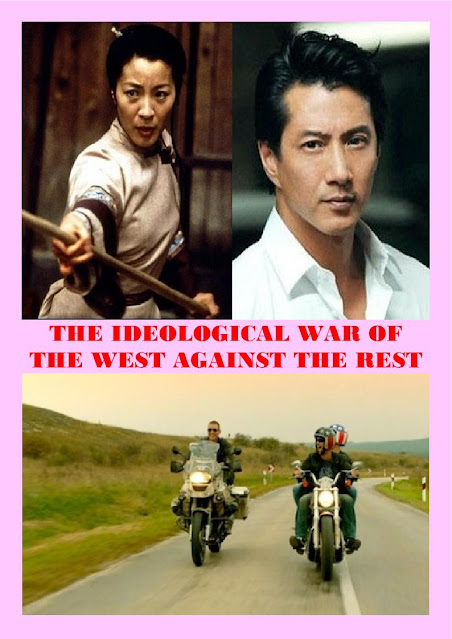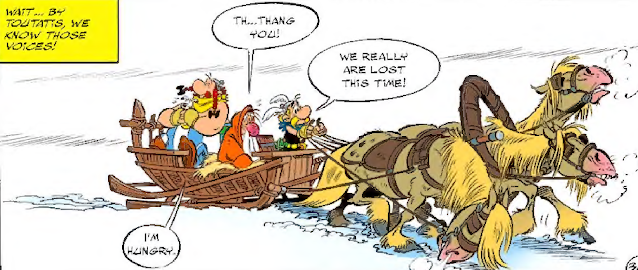Monday, May 15, 2023
Buddhism and Psychomechanics
Psychomechanics & Pāli
https://jacquescoulardeau.medium.com/psychomechanics-pali-dfd51359247
Jacques Coulardeau
Université Paris 1 - Panthéon-Sorbonne
THE ECOLOGY OF THE MIND
The
term thus used did not cover in its common acceptance the cultural heritage
that is literature, music, poetry, architecture, history, religions and
spiritualities, and so many other human creations, without forgetting the most
important of them all, languages (in the plural because no linguistic area
speaks one homogeneous language but always at least several dialects of this
language, but most of the time some minority languages too, or « sacred »
languages, for example Pāli for religious reasons in Sri Lanka along with
Sinhala, not to speak of the « touristic » languages or the tourists’
languages, and of course Tamil, or Arabic among the Moslems, for religious
reasons too. Which language is more important for an individual : his real
native dialect (the dialect he learned from his parents), his religious
language (the language he uses to practice the religion of his belief) or the
official national language of his country (and what happens when there are two
or more) ? I do not have the answer to that question but I doubt very much
that it may and can be simple.
Academia.edu
Buddhism
is a trip into your own mind contemplating the world and meditating on the
past, the present and the future as a continuous flow in time and space,
because space is the basis of it all. We are from one spot and we live time in
this spot. If you change that spot and if you move to somewhere else, time
becomes different, and the language becomes strange if not foreign.
Temporalité
et Spatialisation: théories et applications,
Casa Cartii
de Stiinta,
Cluj
Napocca, 2023
Buddhism, * Philosophy
of Mind, * Languages
and Linguistics, * Predication, * Mental
Models
Sunday, May 14, 2023
On ne rit pas du langage et des langnues
Temporalité
& Spatialisation, Guillaume & Psychomécanique
https://www.researchgate.net/publication/370760736_Temporalite_Spatialisation_Guillaume_Psychomecanique
Gustave
Guillaume devised a linguistic theory that is the perfect continuation and
absolute expansion of what Meillet, Saussure, and Benveniste at times
envisioned or understood without seeing the limitless possibilities some of
their ideas may open. Guillaume has thus built psychomechanics as a theory that
can capture the use of language in any situation as a human psychological and
communicational creative activity. He is interested in discovering what the
speaker intended to express and how this intention is cast into the formal
apparatus of one particular language to produce a message which becomes an
effective expression that supposedly corresponds to the intention of the
speaker. But that is when it all starts getting tricky and interesting. There
is practically never one meaning behind even one single word, at least not for
everyone at the same time in the whole world. Just ask 8 billion people to draw
a dog or draw a bird and you'll see the differences.
Medium.com,
2023
Sunday, May 07, 2023
Imperialism By Proxy
WEST
vs. REST
https://jacquescoulardeau.medium.com/west-vs-rest-c3c32c94c1b5
The West is engaged in an all-out
ideological and psychological war against the Rest of the world via all media
and social networks. It has been going on since the fall of the USSR. It
started with Yeltsin, and the West used all terroristic possibilities via the
various Islamist terrorist networks and a president of Georgia who was a
businessman in the USA. He failed in Georgia and was rejected, so he moved to
Ukraine. We can see what it has produced. The worst crisis since the fall of
Yugoslavia. And the West is trying to prepare and plan another crisis of the
same type with Taiwan. The paper tigers have been sharpening their cardboard
teeth for, now, more than thirty years. Strangely enough, only Trump had words
but no weapons and no incentive to start a crisis, except a commercçial war
with China which was definitely too little for Biden. So now the maneuvers are
more than maneuvers. They are military campaigns by proxy. And Biden knows
Ukraine since one of his sons has been very active there for probably fifteen
or twenty years.
Éditions
La Dondaine, Medium.com, 2023
Tuesday, May 02, 2023
Gauloiseries apocryphes garanties, promis juré
Where Did Gaulish Language
Come From?
https://jacquescoulardeau.medium.com/where-did-gaulish-language-come-from-394be709bb5
The Gauls are Celtic people and Celtic languages still exist and are
spoken in Europe, particularly in Ireland, England, Wales, France, Spain, and a
few other places. It is an Indo-European language that evolved from the
language level of development (third articulation) the people who migrated out
of Black Africa around 40,000 BCE had reached. They stayed on the Iranian
plateau till after the Ice Age and started migrating from there around
12-10,000 BCE. They reached Western Europe circa 5,000 BCE.
They took various routes to get to Europe where several Old European
Turkic languages have survived till today like Saami, Finnish, Estonian, and a
few more in northern Russia, plus the Hungarians who arrived where they still
are around the 7th century AD. And we must keep in mind Basque, of course.
These contacts, at times conflicts, of one-fourth of the final population of
Europe after the Indo-European migration, meaning the Indo-Europeans only
represented 25% of the European population a couple of thousand years BCE, and
they still only represent 25% of our DNA, with all the Old European Turkic
populations (75% of the final European population and our DNA today) produced a
differentiation in various groups of European languages.
This implied a diversification of Indo-European if there ever was
only one matrix, which I doubt, in big families: Celtic languages; Romance
languages; Germanic Languages which include Scandinavian languages, except the
agglutinative Saami, Finnish, and Estonian that are agglutinative; Slav
languages (including Polish); and Baltic Languages including Lithuanian and
Latvian. One last thing. The Celts have had a writing system based on an
alphabet of 20 letters for a good 3,000 years, the Ogham writing system that
was preserved and slightly expanded by the Benedictines in the 5th century AD
in Ireland. The letters of this alphabet are the first sounds of twenty trees
that only existed all of them together within a limited territory in Germany,
in the Rhine valley, around where Stuttgart and Frankfurt now stand. Did the
Gauls use this alphabet?
Have a good trip back to our distant roots that too many people have
forgotten.
Éditions
La Dondaine, Medium.com, 2023
Languages
and Linguistics, * Indo-European
Studies, * Celtic
Languages, * Phylogeny, * Gaulish
language



.jpg)

.jpg)










